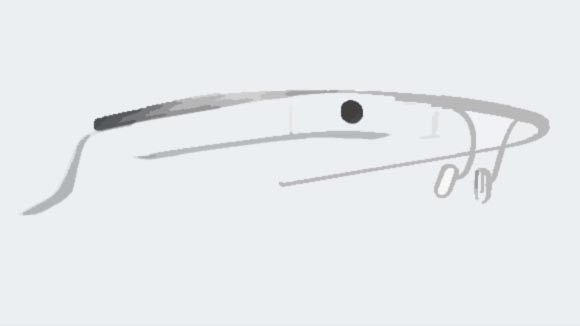
by medicaltechont | Sep 12, 2015 | Healthcare, Hospitals
A team of scientists in Massachusetts has developed an innovative medical technology that could eliminate the problem of shortage of hearts for transplantation. The technology claims to “reanimate” the dead heart for transplant.
that could eliminate the problem of shortage of hearts for transplantation. The technology claims to “reanimate” the dead heart for transplant.
Each year, thousands of Americans require a heart for transplantation. However, the researchers say that the availability of donor hearts could be increased by almost 30 percent if the new technology is approved for medical use in the U.S.
Click here to read more: http://www.ibtimes.com.au/new-medical-technology-revives-dead-hearts-successfully-used-transplantation-uk-australia-1465254

by medicaltechont | Feb 19, 2015 | EHR, Hospitals
Scientists from the Helmholtz Zentrum München and the Technische Universität München have succeeded in a breakthrough for the further development of contrast agents and consequently improved diagnostics with imaging using MRI procedures. The results have been published in the “Angewandte Chemie International Edition” journal.
Magnetic Resonance Imaging (MRI) offers a high-resolution procedure for the diagnostic imaging of patients. Often this procedure additionally uses contrast agents that clarify certain tissue structures and pathological processes. However the image signal that is generated in the MRI does not correlate with the actual quantitative concentration of contrast agent in the tissue.
Click here to read more.

by medicaltechont | Apr 20, 2014 | eHealth
Google Glass could revolutionise the way doctors treat diseases and illnesses.
Google Glass could be about to revolutionise the way a range of medical conditions are treated and there are now a number of trials currently taking place across the world. Helping to repair cleft palettes Doctors in Alabama have been collaborating with clinics in El Salvador to train surgeons in repairing cleft palette. Plastic Surgeon Raj Vyas viewed children’s faces through a pair of Google Glasses worn by the trainee, and gave direction by placing his ‘hands’ virtually into the same picture. In February, a team from the University of California introduced an app which allows users perform instant, wireless diagnostic tests for a variety of diseases and health conditions.
Read more at
http://www.telegraph.co.uk/health/healthnews/10753600/Google-Glass-may-revolutionise-medical-treatment.html

by medicaltechont | Mar 18, 2014 | Education, Healthcare, Hospitals
THE WOODLANDS, Texas–On March 13th, middle school students at The John Cooper School had a rare opportunity to learn about, and even operate, the da Vinci® Surgical System, a robot that assists surgeons in minimally invasive surgery.
Introduced in 1999 by Intuitive Surgical, the da Vinci® Surgical System is now the global leader in the emerging field of robotic-assisted minimally invasive surgery. Since the beginning, the company has consistently provided surgeons and hospitals with the tools needed to help patients return to their productive lives.
What makes this system really unique is that the surgeon does not operate over the patient, rather in a separate component known as the surgeon counsel. From there, the surgeon has full control of the robot by using finger stirrups that then move the robot’s four arms. Three of the arms hold instruments for the surgery. The fourth arm holds the camera, which allows the surgeon to see a 3D image. Brian Kiscoe, the Area Sales Manager for Intuitive Surgical, explains that the da Vinci mimics open surgery.
“Theoretically, you’ve got your left hand, your right hand, and your eyes,” said Kiscoe. “It is as if you were operating over the patient.”
Read more

by medicaltechont | Mar 17, 2014 | Healthcare, Ontario, The Internet
Since they came into the world, baby boomers have been changing it. The U.S. Census Bureau defines a baby boomer as someone born between 1946 and 1964 — that makes them 75 million strong. Now that they are reaching retirement age at the rate of three million per year, baby boomers are poised to change the face of healthcare with technological advances that meet their demand for smart, savvy and easy solutions to cope with the issues of aging.
Baby boomers are definitely embracing new technologies. According to a 2012 study by Pew Internet Research, 80 percent of baby boomers use the Internet, and 46 percent use a smartphone and are familiar with downloading apps. Up to 84 percent of them are using that Internet access to search for information on healthcare. As baby boomers age and face more health issues, including the treatment of chronic diseases, technology will be forced to grow and change faster than ever to keep pace.
Read more

![]() that could eliminate the problem of shortage of hearts for transplantation. The technology claims to “reanimate” the dead heart for transplant.
that could eliminate the problem of shortage of hearts for transplantation. The technology claims to “reanimate” the dead heart for transplant.




